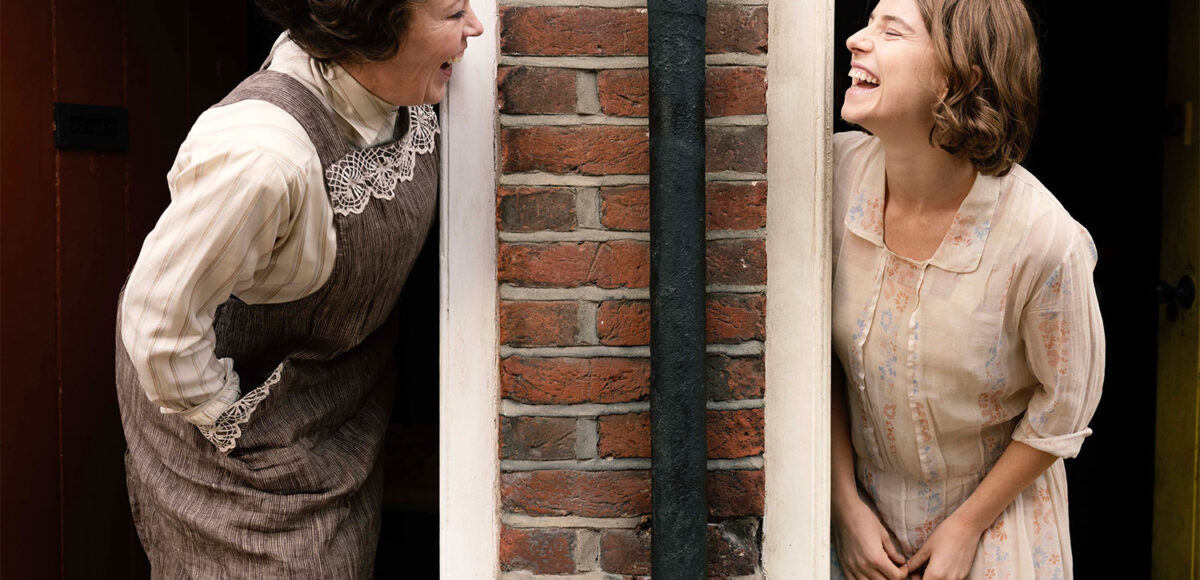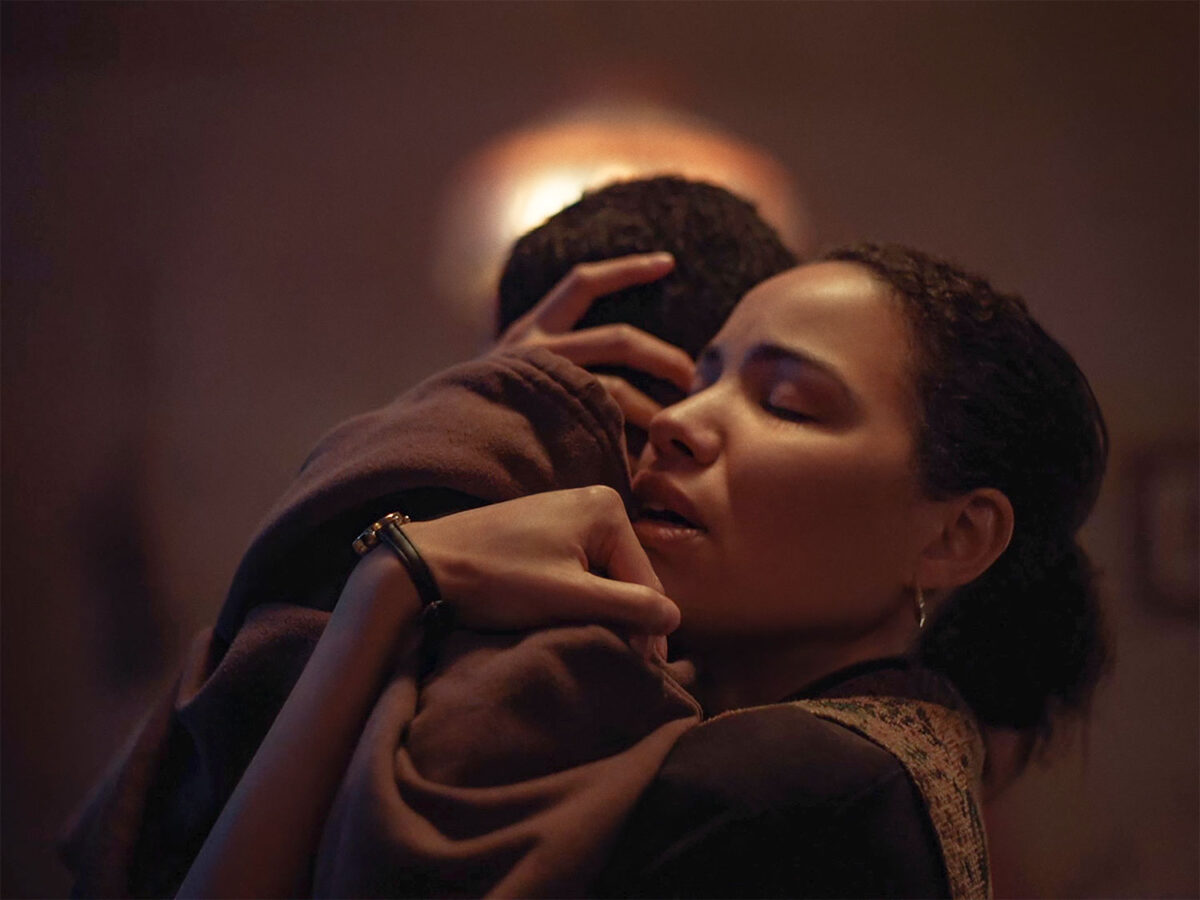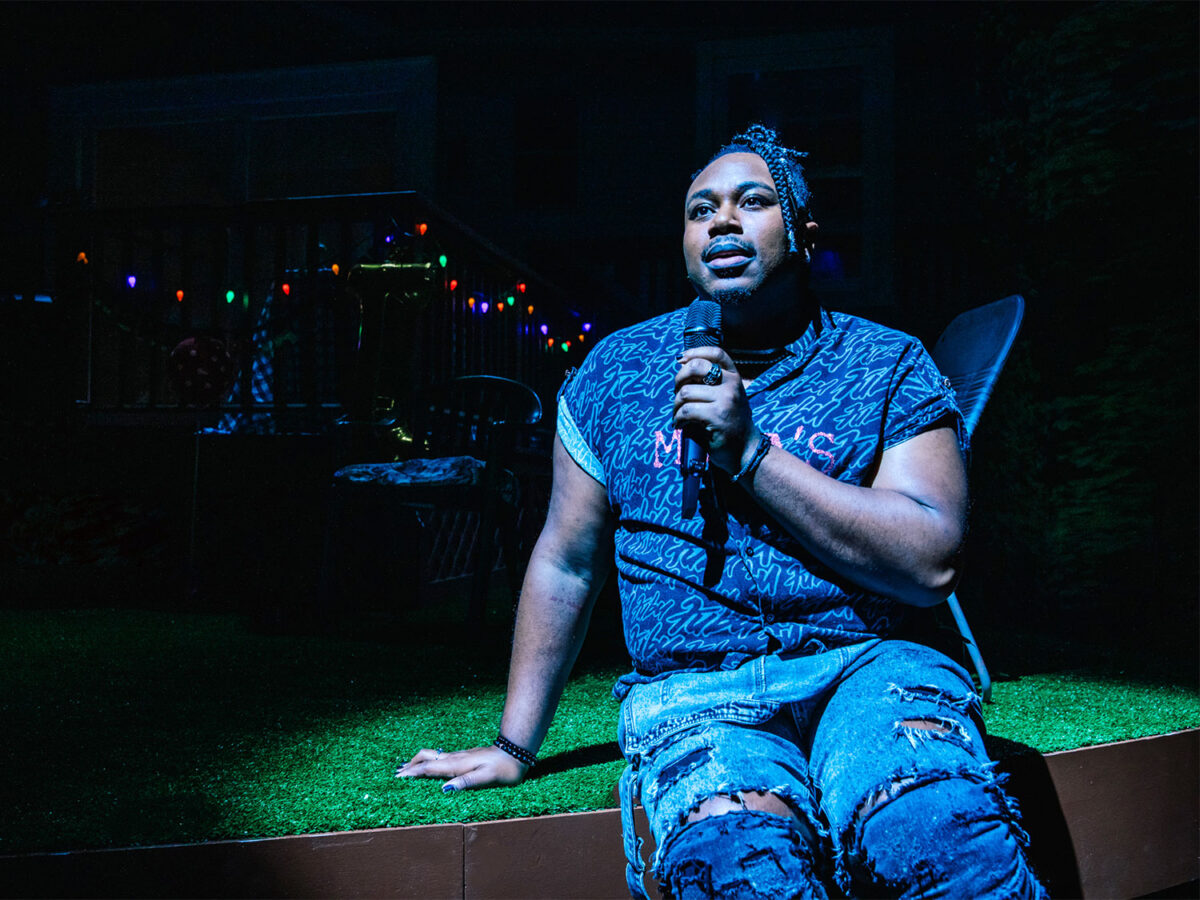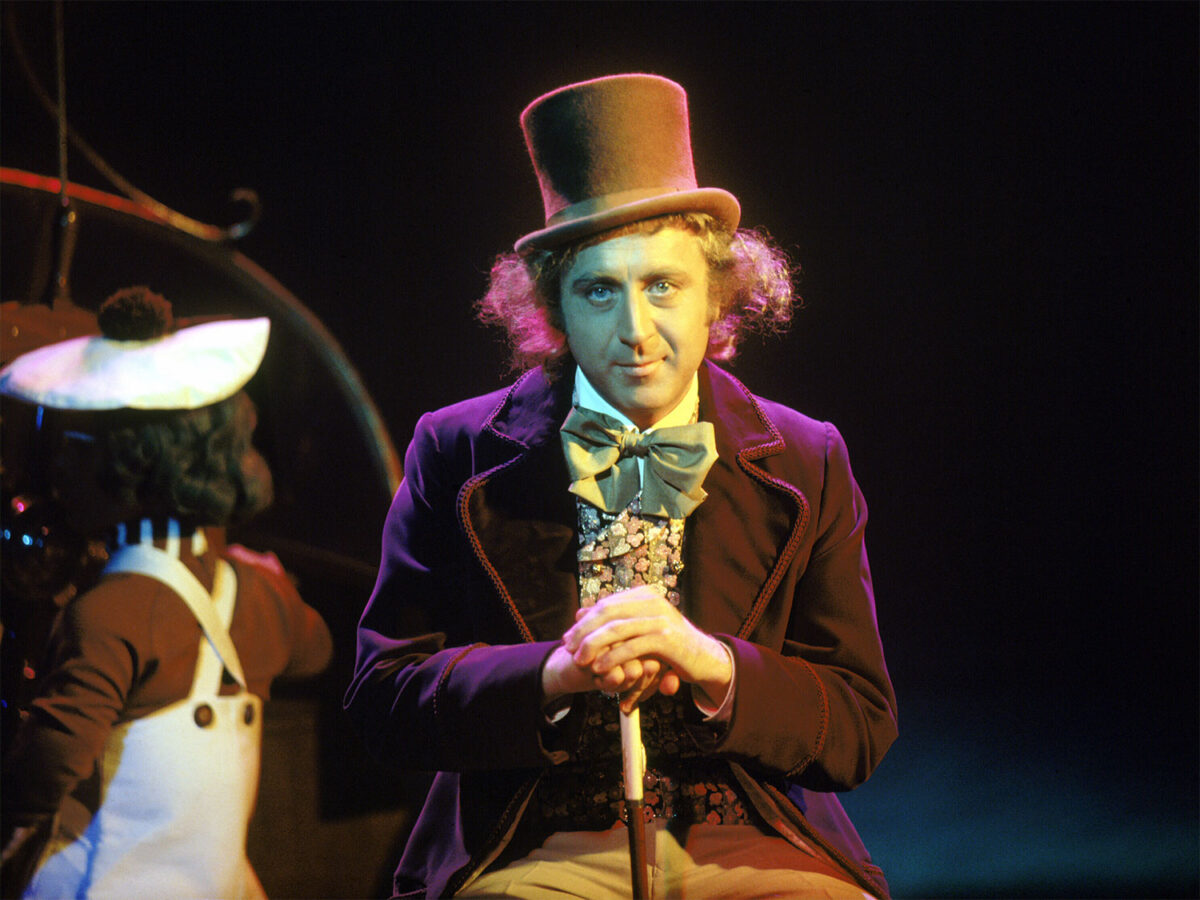“Wicked Little Letters” is a luscious little movie, a sendup of an earlier era that was a surprising harbinger of things to come. In that time just after the First World War, change was on the horizon and not everyone was happy about it. Littlehampton was a peaceful little village where things were pretty much the way they had been in the past century. Men ruled the roost and the pub, wives stayed home and most news was communicated via grapevine gossip. Edith Swan lives with her parents, Victoria and Edward, in a quaint semi-detached with a garden. Victoria and Edward raised 11 children, with Edith, the eldest, the one they held on to when her fiancé bolted, or so people assumed. Tasked with meeting her parents’ needs, Edith’s is a quiet little existence full of scripture, church-based activities and little women’s groups that she clings to. Life is uneventful and quiet until Rose Gooding moves next door. Rose is a rowdy Irish widow with a young child and a vocabulary that would make a sailor blush. She and her male friend Bill have upended the staid routine of the Swans with their extracurricular activities easily heard through the adjoining walls.
The pious (some would say self-righteous, others would say priggish) Edith decides to take Rose on as a project, something the Lord would want her to do. Rose, undeterred, is amused and curious as to how the wholesome live. She of the foul mouth doesn’t need saving, but she could use some female friends. Most of her companions are found at the local pub competing fruitlessly against her in darts and drinking games. Littlehampton has never seen the likes of Rose, a forewarning of flappers to come. Edith, hiding behind her piousness, is most intrigued by Rose’s readily embraced freedom and spontaneity; her father is not. Edward Swan is of the old school, pre-Dickensian that is, and is appalled by Rose and her ilk with more than a smidgen of Irish prejudice in the mix. He had assumed everything would return to the way things were before the war. But women have tasted a bit of freedom, smoking, drinking, working in the factories and rolling down those stockings, and Edward is none too pleased.
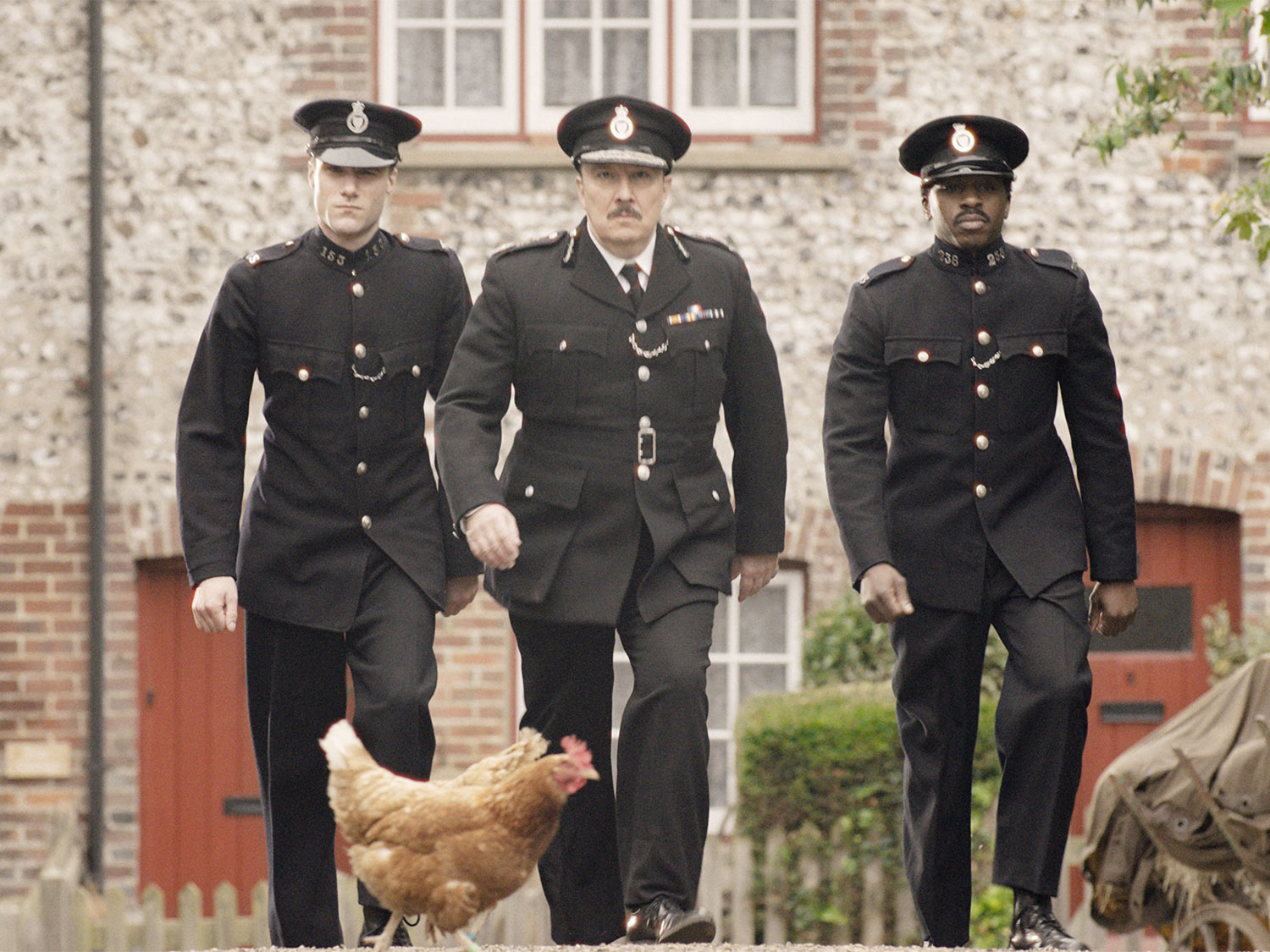
Photos by Parisa Taghizadeh courtesy of Sony Pictures Classics
Then the letters start arriving. Addressed to Edith, they are an epiphany of profanity; obscene swear words thrown willy–nilly, accusing Edith of the most foul acts in the most foul language. Like the martyr she is, she has held on to the letters without complaint though they have come almost daily. It is Edward who is most appalled and demands that she take the evidence of this debauchery to the police station and demand justice. It can be, he has surmised, no one but Rose. The previous standards are in freefall when it comes to this kind of language. Cautiously going to the police, she finds that the men of the force are more than too happy to investigate, especially because the perpetrator is so obvious. It can be no one but Rose. Newly minted woman’s police officer Gladys Moss is not so certain. Never mind that she’s the first and only woman at the station and is expected to do no more than fetch the tea. But Gladys, the daughter of a deceased police officer, cannot quell her suspicions despite the order to stand down.
The letters are considered libelous and the punishment is a jail sentence, something Rose, with her child, cannot afford. But truth and justice are not one and the same, and Rose is an easy target because she can’t prove what she didn’t do. Some of Edith’s friends are also skeptical of Rose’s guilt and begin their own investigation.
This is a wonderful story with the good, the bad and the idiotic, foremost among them the police officers who routinely ignore and demean Officer Moss. As Rose points out, why call Moss a woman police officer? You can see she’s a woman and she’s wearing a uniform, so why isn’t she just a police officer?
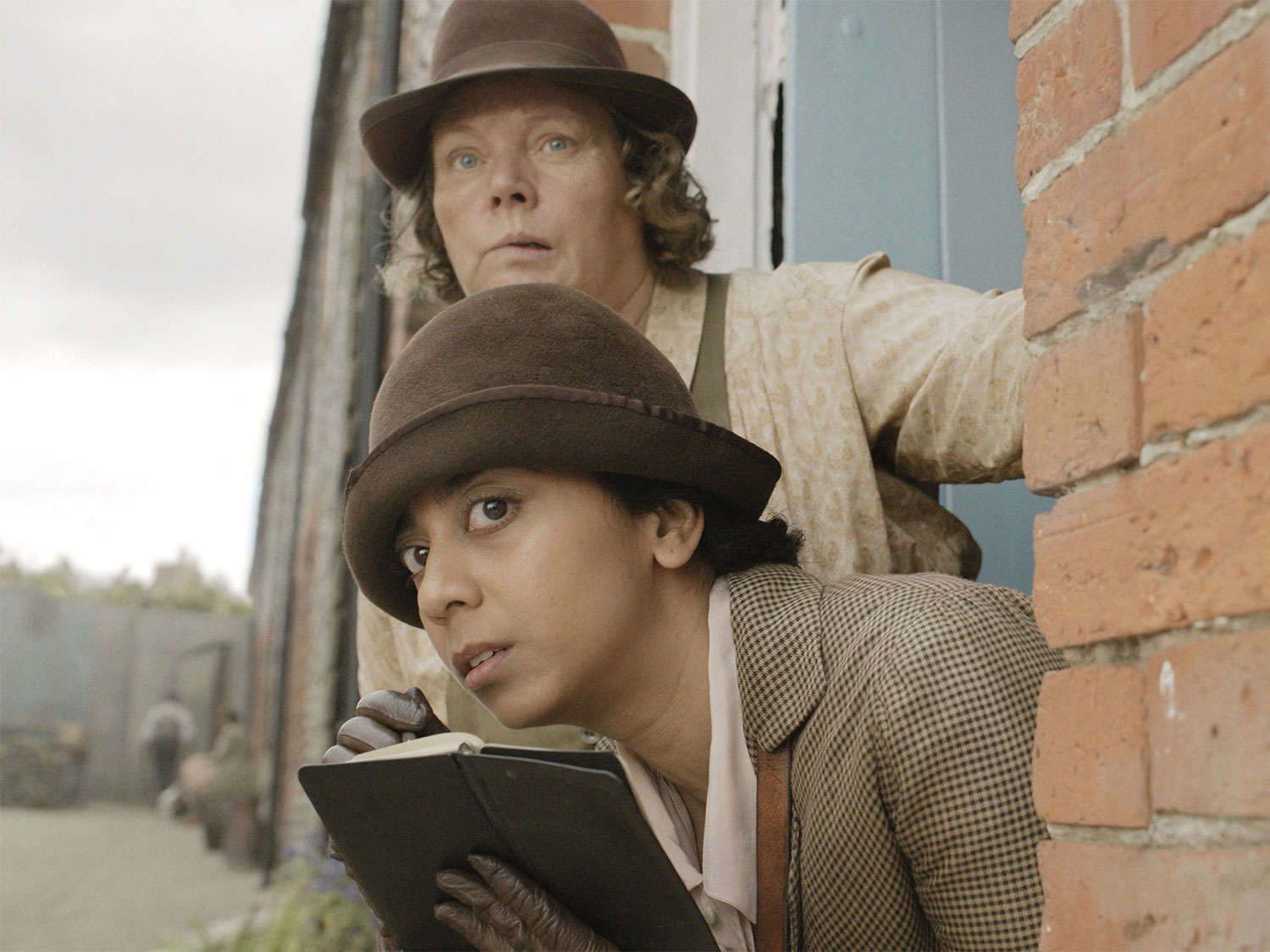
One might be tempted to dismiss this harmless little film as a bit of inconsequential fun and, to a certain extent, it is. What sets it apart, however, is that it’s based on a true event that went viral in the old-school sense. When the presence of the wicked little letters was made public and the alleged perpetrator was jailed, it made the news all over the country. Newspapers in both big cities and small villages expressed outrage that such a thing could have happened. Treated as poison pen letters, the anonymity was what attracted attention. Assumptions were made, reputations were on the line, and the effectiveness of the police force was called into question. And all because of letters accusing Edith of acts most foul in language most profane.
British writer-comedian Jonny Sweet came across this true story that rocked the nation in the ‘20s and knew he had to write it. Combining forces with director Thea Sharrock, they found a dream cast for this delicious character study. Olivia Coleman, an actress as accomplished in drama as she is in comedy, was the perfect Edith. I’m not sure there is anyone more adept at smiling through tightly closed lips as her eyes simultaneously show horror and mischief. Her piety and horror straddle the fine line between sincerity and guile. Coleman’s Edith harkens back to an earlier time when a flogging would have suited her needs and desires.
The production found its perfect anti-heroine in Jessie Buckley as Rose. Profanity literally trips off her tongue like a Mozart symphony and her lithe movements infect others with her joie de vivre. The two of them are the perfect juxtaposition of old and new and the repressed Edith knows and resents it.
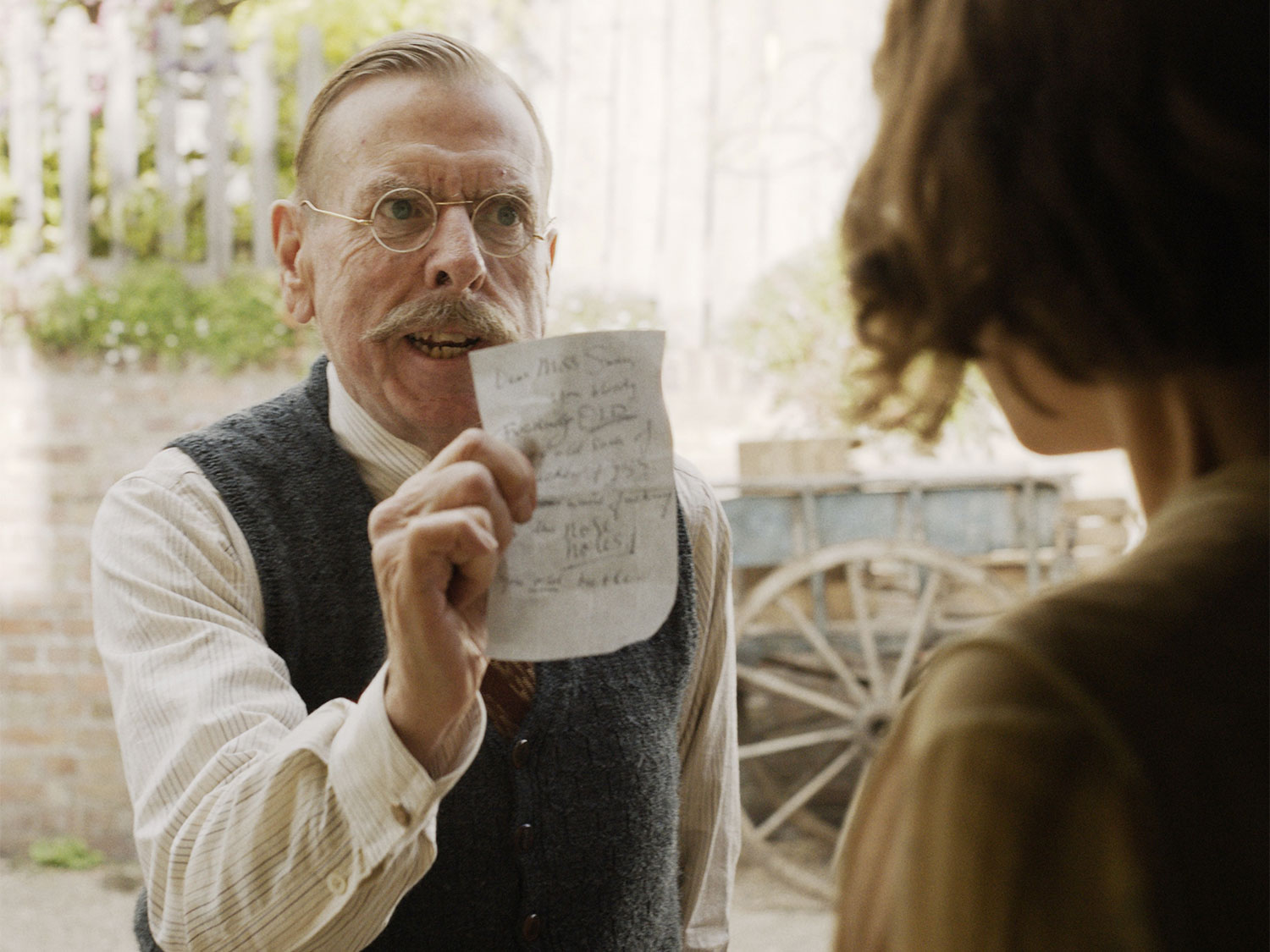
The rest of the cast is a panoply of major British actors from film, television and theater, led by Timothy Spall as the abusively controlling Edward. Playing his wife is the too-little-seen comedic actress Gemma Jones, best known as Bridget Jones’ mother in that film series. Eileen Atkins, one of Britain’s leading stage actresses, brings a wry depth to the character of Mabel, one of Edith’s skeptical friends, aided and abetted by the versatile Joanna Scanlan as Ann who is never without either a pig under her arm or dirt under her nails. Hugh Skinner, whose credits include “Fleabag” and “The Windsors” as a moronic Prince William, brings that same limited mentality to the role of the dense police constable. Anjana Vasan as Woman Police Officer Moss is brimming with the wit and drama she showed in “Killing Eve” and “We Are Lady Parts.” So much hinges on the character of Moss working against the odds to solidify her position, and she delivers.
Cinematographer Ben Davis, who filmed “The Banshees of Inisherin” so beautifully, fills his palette with the brightness and shadings of country life, helped by the production design of Cristina Casali who has captured the village perfectly.
That all of this actually happened is just icing on a lemon cake that makes you smile and wince simultaneously. See it for another fabulous performance by Olivia Coleman, an actor whose range cannot be quantified, and love it for everyone else in it, always keeping in mind that this really did happen. Even without the internet and limited phone service, stories of outrage could consume a whole country far from the epicenter of the scandal.
Don’t miss this one.
Opening wide on April 5.
Neely Swanson spent most of her professional career in the television industry, almost all of it working for David E. Kelley. In her last full-time position as Executive Vice President of Development, she reviewed writer submissions and targeted content for adaptation. As she has often said, she did book reports for a living. For several years she was a freelance writer for “Written By,” the magazine of the WGA West, and was adjunct faculty at USC in the writing division of the School of Cinematic Arts. Neely has been writing film and television reviews for the “Easy Reader” for more than 10 years. Her past reviews can be read on Rotten Tomatoes where she is a tomato-approved critic.



